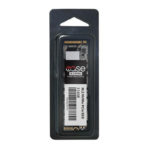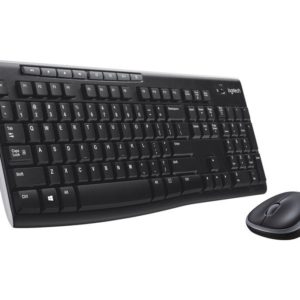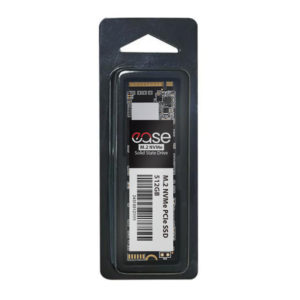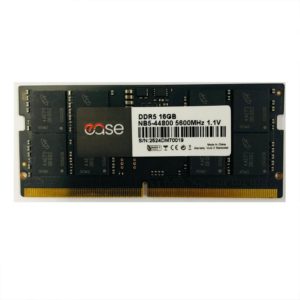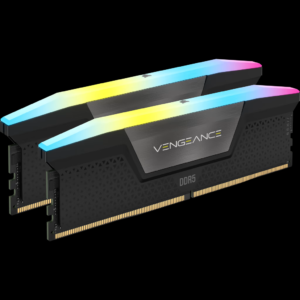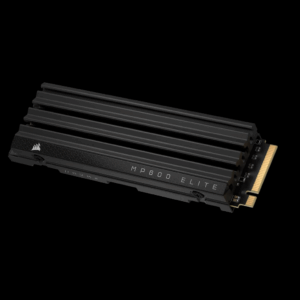“Logitech H151 Analog Stereo Headset with Boom Microphone (981-000587)” has been added to your cart.
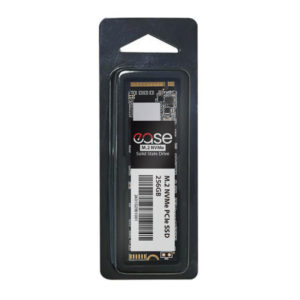
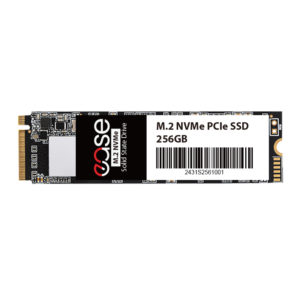


EASE M.2 NVMe PCIe SSD 256GB
₨ 6,440
- EASE NVME 256 GB High Speed Gen 3
- Max Sequential Read 2131 Mb/s
- Max Sequential Write 1244 Mb/s
- TBW (Total Bytes Written) 110 TB
- MTBF (Drive Writes Per Day) 1,500,000 Hours
- Description
- Additional information
- More Products
- Store Policies
- Inquiries
Description
EASE M.2 NVMe PCIe SSD 256GB
Crystal Disk Mark
The attached graphical results from CrystalDiskMark showcase the exceptional performance of the EASE M.2 NVMe PCIe 256 GB SSD, highlighting its impressive sequential and random read/write speeds. This visual data confirms the drive’s reliability and speed, making it an excellent choice for high-performance computing tasks.
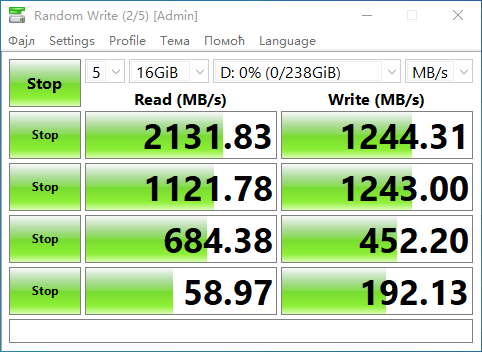
AS SSD Benchmark
The attached graphical data from the AS SSD Benchmark highlights the exceptional performance of the EASE M.2 NVMe PCIe 256 GB SSD, showcasing its strong sequential and 4K random read/write speeds. The visuals also confirm low access times, reflecting the drive’s efficiency and responsiveness.
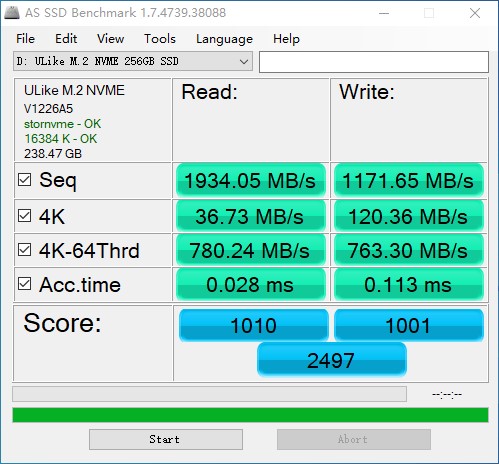
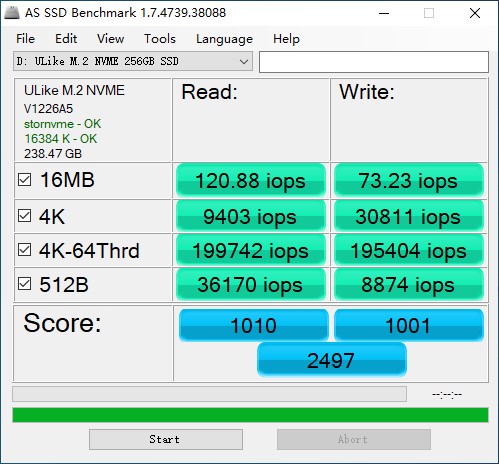
HD Tune Pro
The attached HD Tune Pro graphical results display the EASE M.2 NVMe PCIe 256 GB SSD’s consistent read/write performance and low access times, emphasizing its reliability and stability under various workloads.
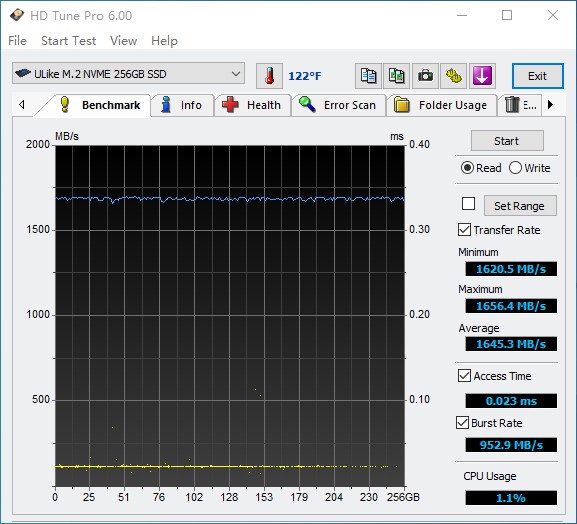
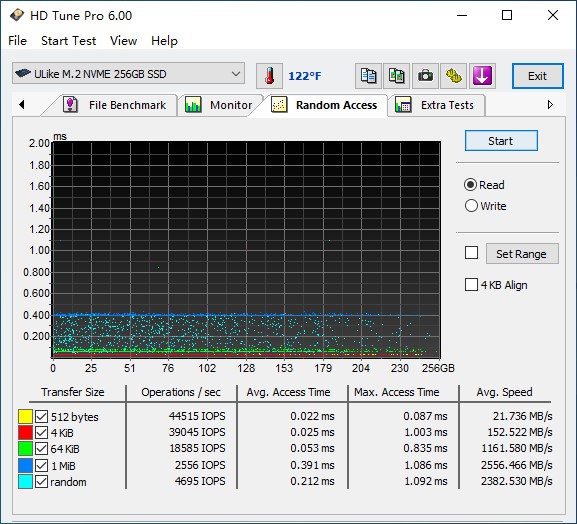
ATTO Disk Benchmark
The attached ATTO Disk Benchmark results highlight the EASE M.2 NVMe PCIe 256 GB SSD’s impressive read and write speeds across different file sizes, demonstrating its excellent performance and versatility for a wide range of data transfer tasks.
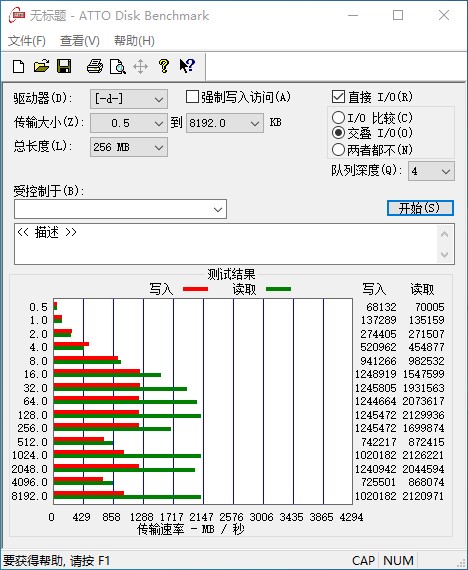
Additional information
| Brand |
|---|
General Inquiries
There are no inquiries yet.



